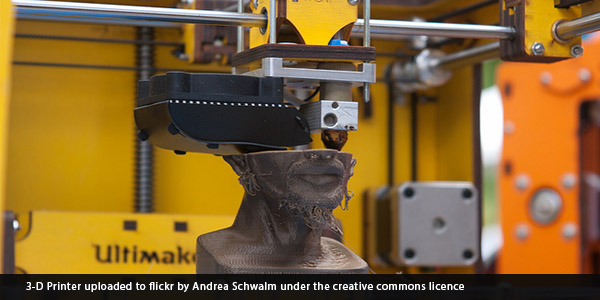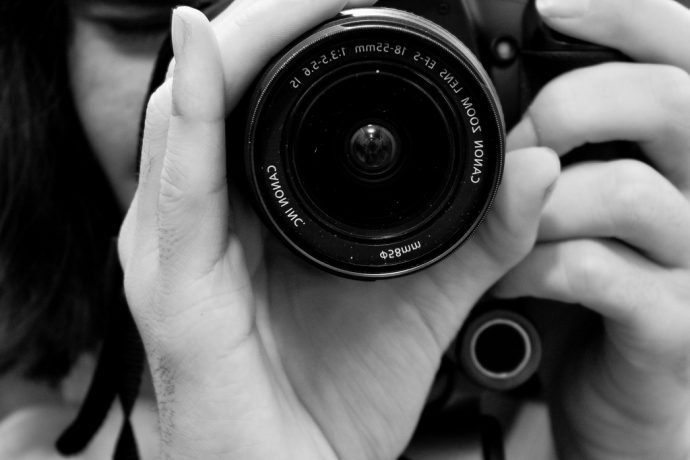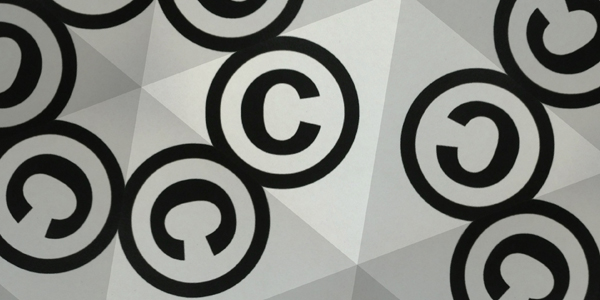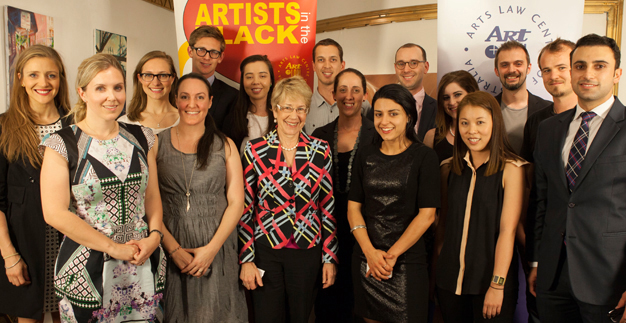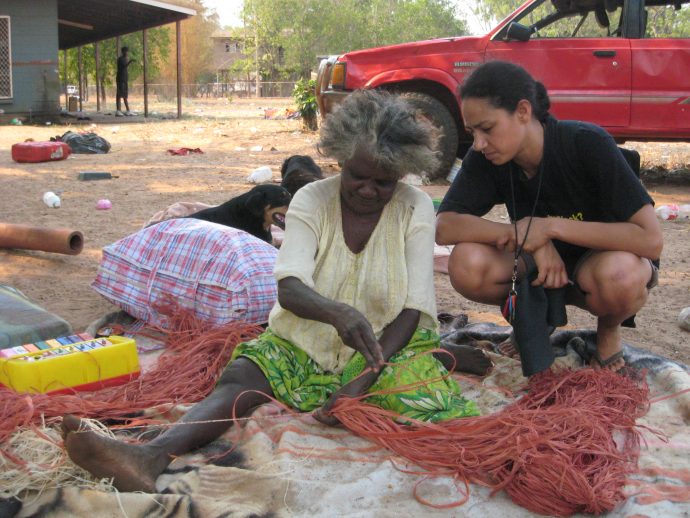Photographers’ rights to their photos posted on Twitter and twitpics
In November 2013 a US Court made it clear that it is illegal to take photographs from social networking sites Twitter and Twitpics for commercial use
Artists across all art forms can have a love hate relationship with social media as it can be a wonderful platform for global distribution of their work and can result in significant international recognition. The downside is the potential for the work to be copied, changed and circulated broadly with no attribution leading to nothing but lost remuneration and anonymity for the artist.
This article was first published in Vol 17 No 3 of the Internet Law Bulletin
